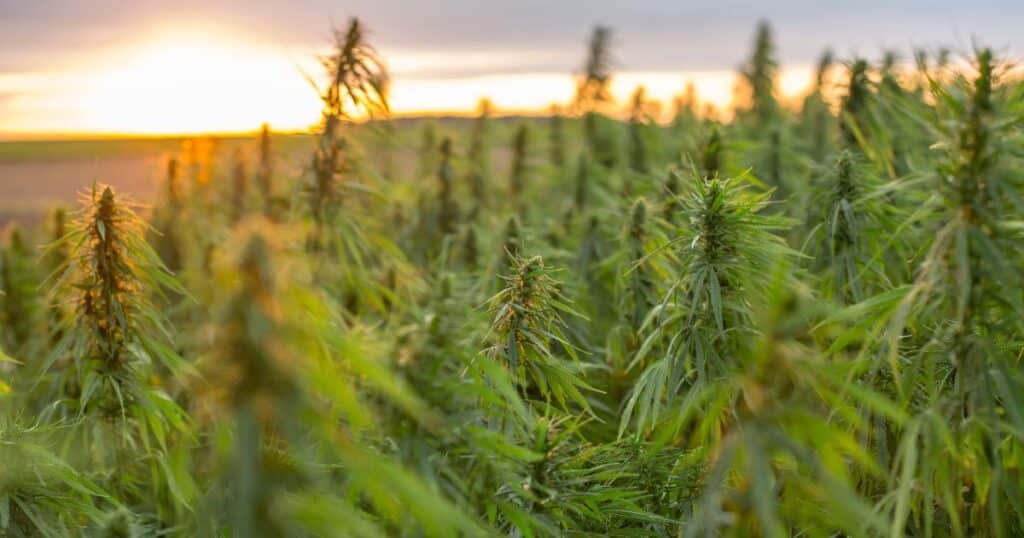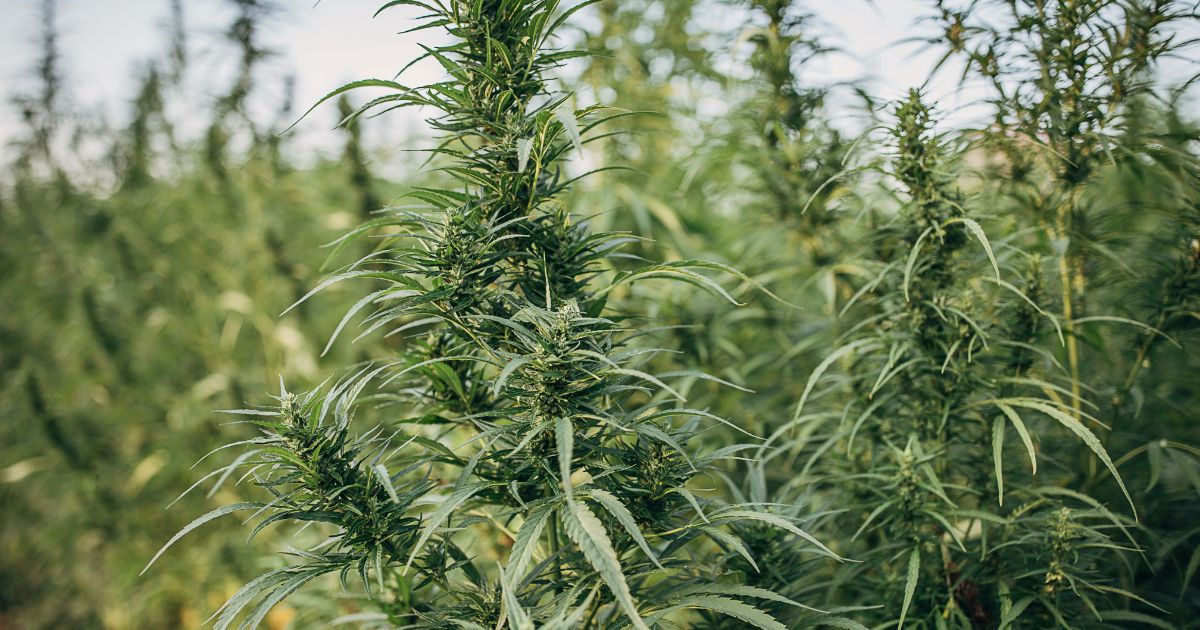The 2018 Farm Bill, heralded as a much-needed relief for the agricultural sector struggling with the limitations of a changing market, inadvertently initiated a more intricate and contentious debate about the regulation of hemp and its derivatives.
While this legal shift presented significant opportunities for the cultivation and commercialization of hemp, it also set the stage for a silent explosion of products that have stirred concerns among lawmakers and the public regarding potency and safety.
A bipartisan coalition of over 20 State Attorneys General has sounded the alarm on what they term a ‘loophole’ in the Farm Bill, which has led to the proliferation of unregulated intoxicating hemp products across the nation. These officials are appealing to Congress for urgent and decisive action before the perceived crisis spirals beyond control.

The core problem, as seen by State AGs from different political perspectives, centers on the unclear aspects of the 2018 Farm Bill regarding hemp and its impact on public health, as first reported by Politico. The current definition of industrial hemp, distinguishing it from marijuana, includes a THC threshold of 0.3%. While meant to clarify, this distinction has created a loophole exploited by vendors selling hemp products that State AGs claim can be as potent as, if not more than, legal marijuana products.
After the federal approval for hemp products with low THC levels, the market saw a surge in various hemp-derived items. These products evade strict regulations on marijuana products and pose challenges for authorities to monitor due to widespread unlicensed sales.
According to the AGs, these vendors, marketing their products as food supplements without federal or state approval, require urgent federal action.
“Bad actors have exploited the 2018 Farm Bill’s definition of hemp, its protection of derivatives of that plant, and a wrongly perceived federal pre-emption against state-level regulation of these products.” writes the AGs.
“The result that has been seen is excessively potent products that are manufactured under fewer control than in states that have legalized cannabis,” the coalition wrote in the letter to Congress. “Because of the ambiguity created by the 2018 Farm Bill, a massive gray market worth an estimated $28 billion has exploded, forcing cannabis-equivalent products into our economies regardless of states’ intentions to legalize cannabis use, and dangerously undermining regulations and consumer protections in states where adult-use legal cannabis programs are already in place.”
The call to Congress for federal regulation of hemp products saw a remarkable bipartisan collaboration spearheaded by the Attorneys General from Indiana and Arkansas. Alongside their initiative, a diverse group of states across the political and geographical spectrum joined the appeal. These include California, Colorado, Connecticut, Georgia, Hawaii, Iowa, Kansas, Maryland, Minnesota, Missouri, North Carolina, North Dakota, Oregon, Pennsylvania, South Dakota, Tennessee, Virginia, Washington State, and even Washington, D.C.
State-Level Confrontation
In response to this wave, individual states have grappled to introduce their own regulatory frameworks, often facing legal backlash and regulatory bypassing from a resilient hemp industry. The legal standing of these state measures is perpetually challenged, with decisions from the judiciary straddling spheres of endorsement and rebuke—placing the very fabric of state intervention in jeopardy.
An injunction in Arkansas that forestalled the enforcement of a law designed to curtail the spread of intoxicating hemp products underlines the fragility of the state’s regulatory purview in this domain, signaling the broader need for a uniform, federally compelled statute to address the intricacies entwined within the hemp fabric.
Urgent Plea for Federal Intervention
The attorneys general are urging federal lawmakers to take action in the upcoming farm bill due to delays. They are concerned about the current definition of hemp, which they find inadequate to address the reality of hemp products in the market.
While they don’t offer a specific solution, they stress the need to reconsider the THC limit for public health and safety. They also highlight the importance of federal guidance for states to regulate hemp products effectively. This approach aims to enhance industry regulation and protect consumers in a rapidly evolving market.
“The reason Congress needs to act is that its definition of industrial hemp is the original source of the problem and the confusion that has sprung up around what is allowed and what’s not allowed under state and federal law,” said Indiana Solicitor General James Barta in an interview via Politico.

While the 2018 Farm Bill and the hemp industry are often cited as the roots of the current regulatory confusion, a closer examination reveals that the issue lies not in the plant itself, but rather in the regulatory and legislative approaches to hemp and marijuana. The regulatory framework has been criticized for its lopsided enforcement and guidelines, which have inadvertently fueled the current predicament.
The leniency observed in hemp regulation, with its minimal THC threshold and vague guidelines on derivatives, contrasts sharply with the stringent, often prohibitive, regulations surrounding marijuana. This disparity has not only led to exploitation by some in the market but has also created an environment where confusion reigns supreme. Products with similar or higher potency levels than marijuana are entering the market under the guise of hemp, capitalizing on the regulatory gaps and weaker oversight.
This issue is further exacerbated by the lack of clear, consistent federal guidance, which leaves states scrambling to devise their own regulations, often leading to a patchwork of rules that further muddy the waters.
The solution, therefore, does not lie in adjusting the Farm Bill or vilifying the hemp industry but in reevaluating and potentially harmonizing the regulatory frameworks governing both substances. By addressing the regulatory imbalance and enforcing clearer, more stringent guidelines, authorities could possibly offer a safer market that respects the intent of the Farm Bill while safeguarding public health and safety.
- Ohio’s Senate Bill 56 Postponed, Leaving Details of Issue 2 Still Unresolved
- Sports Stars and Well Known Entertainers Join Forces Calling on Trump for Cannabis Reform
- Pinsky and the Brain: Bill White on His Journey to Consulting in Cannabis
- Delaware’s Recreational Cannabis Market Finally Set to Launch After Years of Challenges
- Excise Tax Increase to 19% and Its Impact on California Retailers
- Nebraska’s Governor Approves Emergency Medical Cannabis Regulations













